- DMG Editorial: A Parliament Without the People Cannot Govern Arakan
- Displaced Arakanese struggle to rebuild homes leveled by junta airstrikes
- India suspends Arakan trade route for two months after death of truck driver in Paletwa
- Landmine, ERW casualties rising in Arakan State amid ongoing conflict
- Eight children killed or injured in two days of shelling, UXO blasts in Hpakant
IDPs struggle to access healthcare according to Medicins Sans Frontieres
The MSF medical teams previously provided 448 consultations on average every month, but some patients are now depending on other MSF medical teams located far from them, so locals travel long distances, which hurts them financially and could have a detrimental impact on their health, it said.
15 Mar 2019
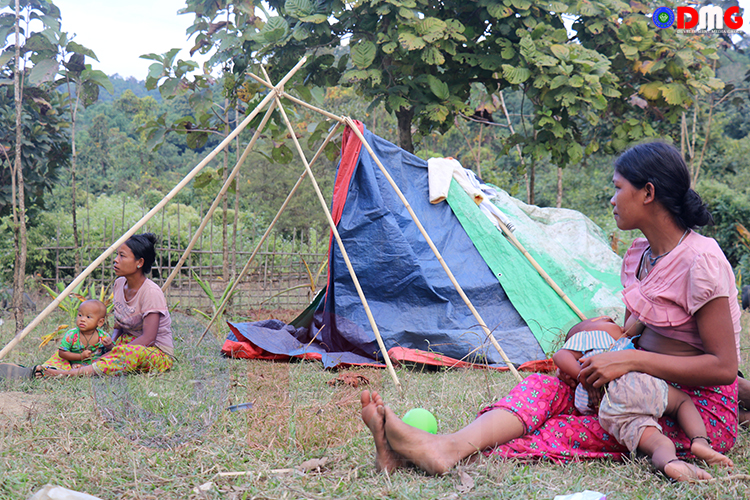
Nay Yaung Min (Sittwe)/ DMG
March 15, Sittwe
The Medicins Sans Frontieres (MSF) have been denied to provide healthcare services in Rakhine State’s Northern Ponnagyun Township since January 10, limiting access to healthcare for villagers, the MSF said in its statement released on Friday.
“Ongoing fighting between the Arakan Army and the Myanmar military has resulted in significant displacement, and new restrictions on humanitarian and development assistance has disrupted regular healthcare services, increasing the vulnerability of those in conflict zones,” the statement said.
It could not run its mobile clinic in Let Wae Myan village for two months because of new restrictions imposed by authorities, the MSF said.
The MSF medical teams previously provided 448 consultations on average every month, but some patients are now depending on other MSF medical teams located far from them, so locals travel long distances, which hurts them financially and could have a detrimental impact on their health, it said.
The European Union Delegation, EU Member States accredited to Myanmar, Canada and Norway issued a statement on March 14 that access restrictions imposed on aid agencies in five townships in Rakhine State since early January have a serious impact on the already precarious humanitarian situation of at least 95,000 people.
The Rakhine State government restricted movements of aid agencies and their authorization to provide relief aid in Rathedaung, Buthidaung, Maungdaw, Ponnagyun and Kyauktaw due to security concerns.
The escalating battles between the Tatmadaw and Arakan Army have contributed to the growing number of IDPs, which have reached over 13,000, and they are in dire need of relief aid such as food and clothes.




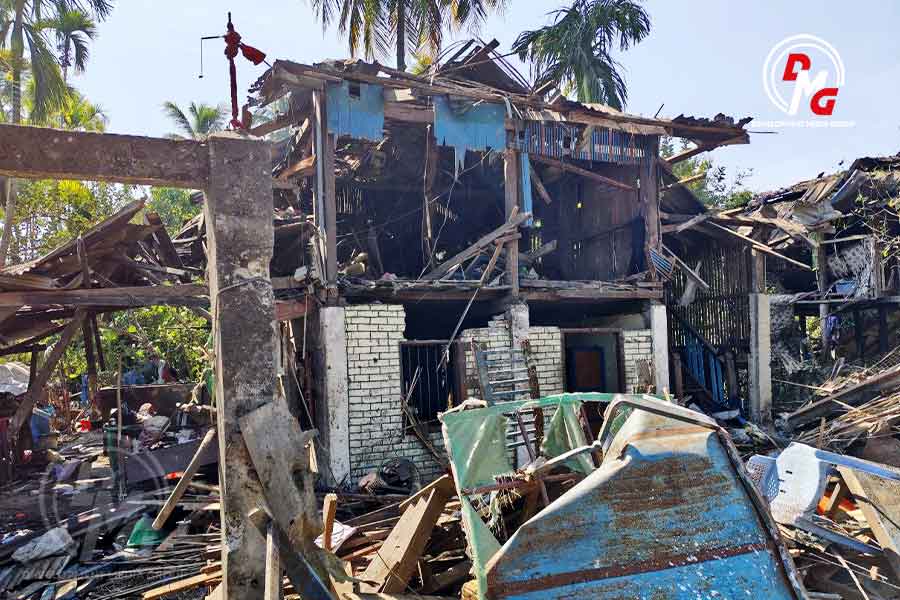
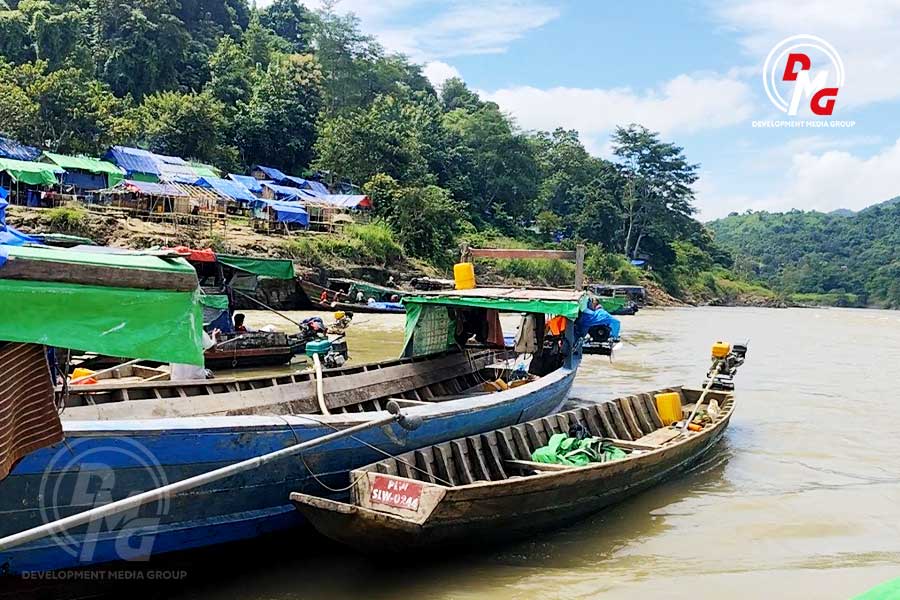
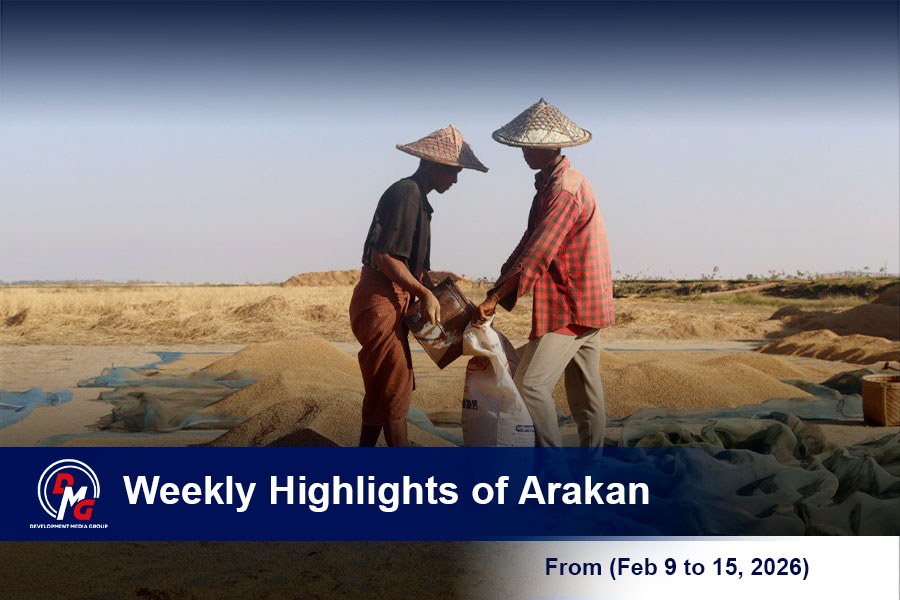
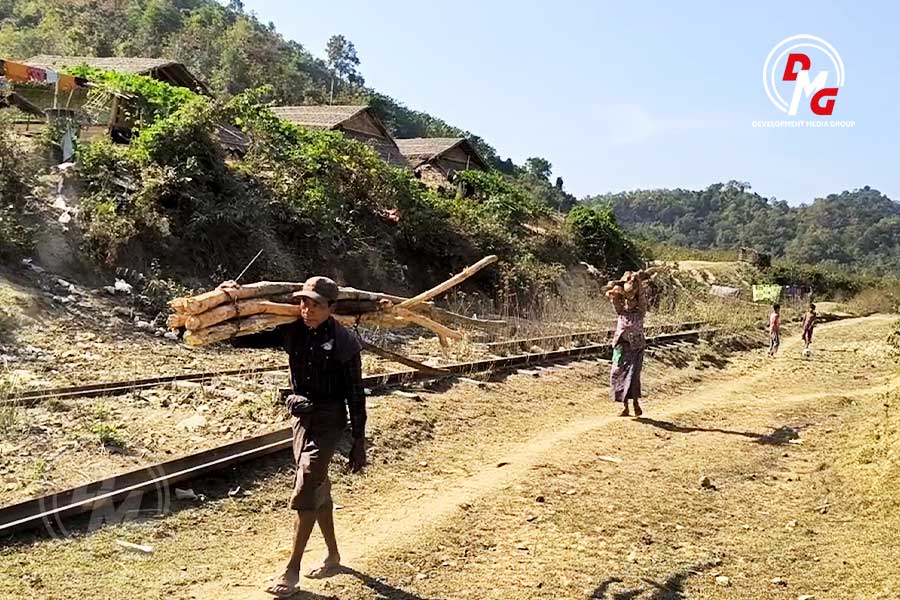
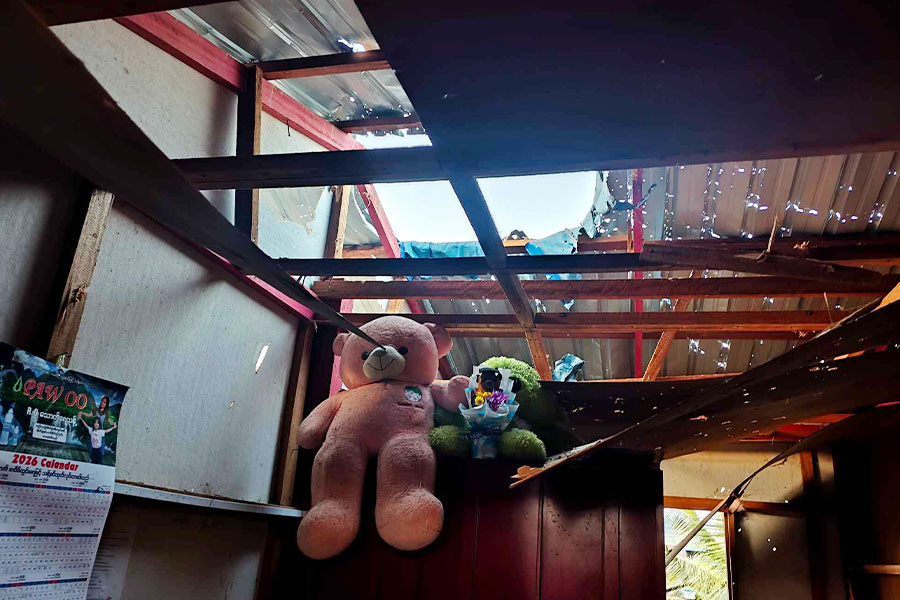







.jpg)
